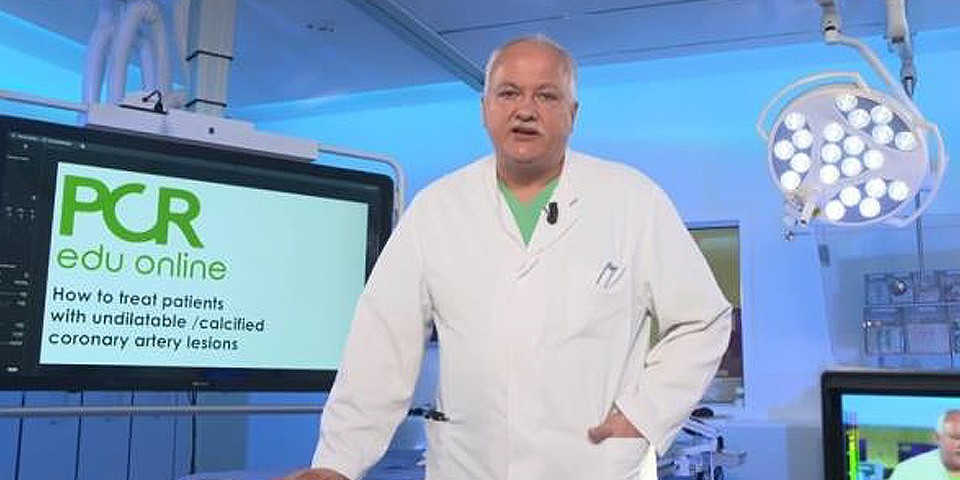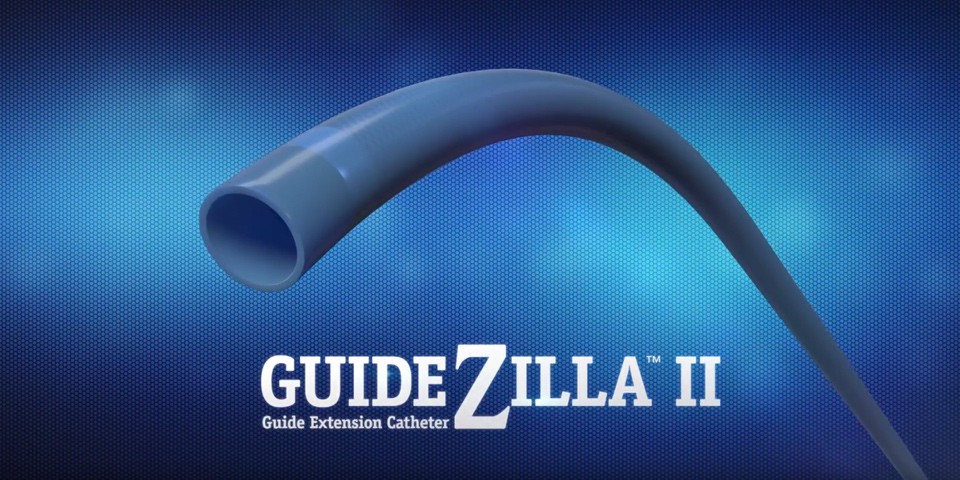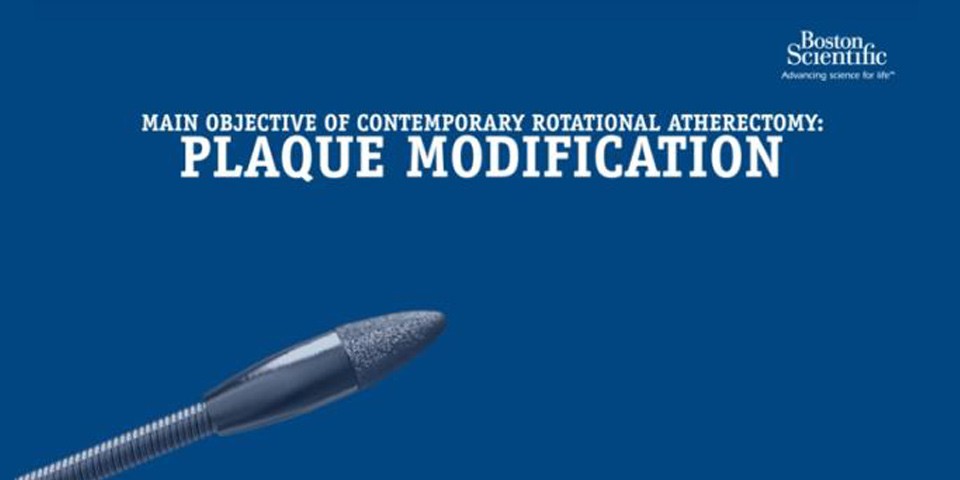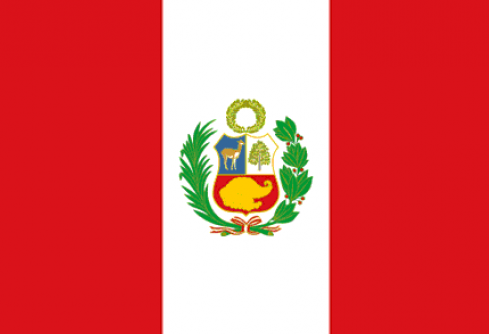Educational Corner

PCR Edu Online educational webcast: how to treat undilatable and calcified coronary artery lesions

PCR Edu Online dedicated a program to those interventional cardiologists and cath lab staff who want to learn how to treat undilatable and calcified coronary artery lesions with the rotational atherectomy technique. Join this educational webcast and achieve the best outcomes!
New GUIDEZILLA™ II Guide Extension Catheter: deliverability to new places, from routine to complex cases

The new GUIDEZILLA™ II Guide Extension Catheter provides additional back-up support and facilitates easy delivery to new places, from routine to complex cases.
It takes powerful reach, durability and a full size matrix of 6F, 7F, 8F and 6F long devices.
Watch the video and find out what makes GUIDEZILLA™ II such a unique device!
Rotational Atherectomy in Contemporary PCI: European consensus statement

Cardiovascular News dedicated an article to explore the use of the rotational atherectomy (RA) in modern coronary percutaneous intervention (PCI). Due to a lack of standardization about how it should be performed, Emanuele Barbato and other experienced operators came together to produce a consensus document (published in EuroIntervention*) for the procedure. See the Boston Scientifc’s video on plaque modification and discover the key highlights of the European consensus paper.
Learning with clinical case:
THREADER™ Catheter: treat severely diseased, tortuous and calcified coronary artery
It has a significant advantage over other microcatheters thanks to its ability to dilate the lesion to 1.2 mm which aids subsequent delivery of balloon and stents, shortening procedure time and allowing success in complex anatomy.
* EuroIntervention 2016;12:1441-1442
Teresa Strisciuglio1, MD; Emanuele Barbato1,2*, MD, PhD, 1. Department of Advanced Biomedical Sciences, University of Naples Federico II, Naples, Italy; 2. Cardiovascular Research Center Aalst, Aalst, Belgium















